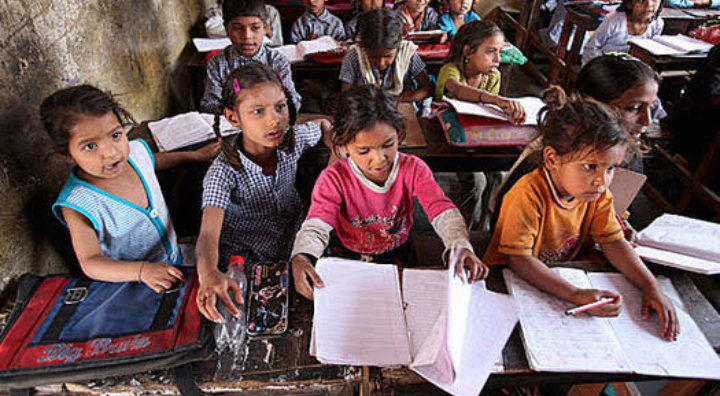Sadaqah, within the Islamic framework, carries profound spiritual significance as it serves as a means to purify one’s wealth and cultivate a heightened sense of compassion and empathy toward those facing adversity. Rooted in the teachings of the Quran and Hadith, the act of giving Sadaqah transcends mere philanthropy, assuming a pivotal role in the ethical and spiritual development of the individual.
The Quran underscores the importance of voluntary charity, emphasizing its capacity to cleanse one’s wealth from selfishness and material attachments. By willingly parting with one’s resources for the betterment of others, the giver engages in an act of self-purification, aligning with the core Islamic principles of altruism and selflessness. This purification process extends beyond the material realm, influencing the individual’s mindset and fostering a detachment from the transient nature of worldly possessions.
Moreover, Sadaqah plays a vital role in nurturing compassion and empathy within the believer. As the act of giving is grounded in a genuine concern for the well-being of others, it inherently encourages a profound understanding of the struggles faced by those in need. This heightened empathy serves to strengthen the social fabric of the Muslim community, promoting a collective responsibility for the welfare of fellow human beings.
The spiritual journey in Islam is intimately tied to acts of kindness and benevolence, with Sadaqah emerging as a tangible manifestation of this connection. Through the practice of voluntary charity, individuals not only fulfill a moral obligation but also embark on a transformative spiritual journey, transcending the boundaries of materialism and contributing to the holistic development of the self within the Islamic ethical framework.
Quranic Verses:
- Surah Al-Baqarah (2:267-273): “O you who have believed, spend from the good things which you have earned and from that which We have produced for you from the earth. And do not aim toward the defective therefrom, spending [from that] while you would not take it [yourself] except with closed eyes. And know that Allah is Free of need and Praiseworthy.”
- Surah Al-Baqarah (2:261-262): “The example of those who spend their wealth in the Way of Allah is like that of a grain of corn that sprouts seven ears and in every ear there are a hundred grains. Thus Allah multiplies the action of whomsoever He wills. Allah is Munificent, All-Knowing.”
- Surah Al-Imran (3:92): “By no means shall you attain righteousness unless you give (freely) of that which you love; and whatever you give, Allah knows it well.”
Hadiths:
- Prophet Muhammad (peace be upon him) said: “Charity does not decrease wealth; no one forgives except that Allah increases his honor, and no one humbles himself for the sake of Allah except that Allah raises his status.” (Muslim)
- Prophet Muhammad (peace be upon him) said: “The believer’s shade on the Day of Resurrection will be his charity.” (Tirmidhi)
- Prophet Muhammad (peace be upon him) said: “The upper hand is better than the lower hand. The upper hand is the one that gives, and the lower hand is the one that receives.” (Bukhari and Muslim)
These verses and Hadiths highlight the emphasis placed on giving for the sake of Allah, the spiritual benefits of charity, and the assurance that acts of charity do not diminish one’s wealth but, in fact, lead to increased blessings and honor.

